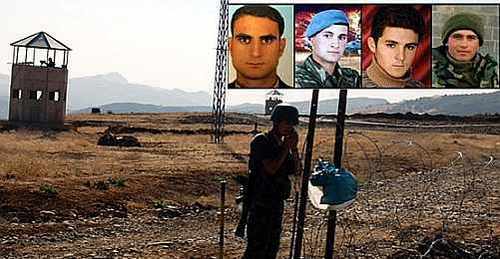Black Sea Countries Optimistic for Future
In the tenth year, the BSCE summit however remains far from the its glorious beginning in 1992, when the then Turkish president Turgut Ozal called the former "socialist" Black Sea countries and Albania and Greece to regroup for "establishing economic cooperation" on the basis of "democracy, market economy and open society."
The decennary BSCE summit was nevertheless more than just a ceremonial gathering as the Turkish, Armenian and Azerbaijani leaders had the opportunity to discuss a solution to the ongoing Nagorno-Karabakh conflict between Armenia and Azerbaijan.
Turkish president Ahmet Necdet Sezer in his Tuesday inaugural speech underlined the "necessity of furthering economic relations to protect the member countries from the negative effects of globalization."
"It is high time the BSCE reaches its natural borders," he added.
The BSCE brings together former Soviet republics of Ukraine, Georgia, Azerbaijan, Armenia, Moldova and Turkey, Russian Federation, Rumania, Bulgaria, Greece and Albania who undersigned the cooperation in the inaugural Istanbul summit in 1992.
In the decennial summit 8 countries were represented by heads of states while Greece and Armenia were joined the meeting with their foreign ministers and Russian Federation with the deputy prime minister.
The BSCE leaders, during their addresses to the summit particularly converged on two issues: Concerted efforts against "terrorism and organized crime" and greater cooperation with the European Union.
The reference to "terrorism" particularly relates to the Caucasian region where the BSCE member countries suffer from ongoing inner and inter-state conflicts. Armenia and Azerbaijan have been at conflict for the majority Armenian populated Nagorno-Karabakh enclave within Azerbaijan territory. Fallen under Armenian domination following a brutal war in 1991-92, the enclave still comprises a major point between two BSCE members.
Georgia and Russian Federation too are at conflict for Russian "protection" of self-declared republics of Osetia and Abkhazia, both formally Georgian territory.
Turkey and Russia are at odds with Russian claims of Turkish protection of Chechen militants who in spite of present Russian crackdown continuing attacks in a decade-old-war for independence.
Turkey and Greece are also at dispute for the Aegean continental shelf and for the divided Mediterranean island of Cyprus the Northern part of which remains under Turkish military presence since 1974 when Turkey invaded the northern part of the island after an abortive coup led by Nicos Sampson.
In the 12 point final communiqué the BSCE leaders have converged to denounce "all forms and aspects of terrorism what threatens peace and security," and declared their determination in "taking all necessary steps against terrorism and organized crime."
During the summit Turkish foreign Minister Ismail Cem and Armenian Foreign Minister Vartan Oskanian in a special meeting discussed Armenia-Turkish relations soured due to Armenia- Azerbaijan conflict and for Armenian claims of genocide of ethnic Armenians under Ottoman rule in 1918 in the first World War.
Albeit Turkish foreign minister Cem refused to resume the suspended railway transportation between both countries, the issue would be reconsidered within the "tripartite discussions" between Turkey, Armenia and Azerbaijan.
"I can not say that we have entered a new era in Turkish-Armenian relations, yet we taken a new step forward," Oskanian told journalists after his meting with Cem. " The Armenian-Azerbaijani dispute now relies on the decision of Haydar Aliyev, the Azeri president," he added.
The leaders also called for increased cooperation with European Union, whose enlargement policies involve many BSCE countries as candidates such as Bulgaria, Rumania and Turkey.
The summit also hosts the two-day "International Energy Conference" organized by BSEC Business Council and covering the oil and gas extraction and transportation issues in the Caspian, Black Sea and Mediterranean regions.
Turkey, Azerbaijan and Russia and Greece are competing for alternative oil transportation routes extracted out of the Caspian Sea. Turkey, backed by the US are urging the international oil consortium to pump Caspian oil through a pipe line route from Baku across Turkey to Turkish Mediterranean port of Yumurtalik while Russia proposes two alternatives of pumping oil to Novorossysk and then transporting through sea routes. Turkey refuses the first alternative via Turkish straits. for the environmental hazards on the densely populated straits of Bosphorus and Dardanelles.
A second alternative involves transporting oil to Greek Black sea costs and transfer via a new pipeline route to Greek Agean ports.
However "the Caspian oil will be loaded in tankers in the Turkish port of Yumurtalik latest by 2005," told Azeri president Aliyev as the conference closed. (NM)
BY NADİRE MATER
We* Couldn’t Hold Our Journalism Workshop, LGBTI Events Banned; Voice and Silence
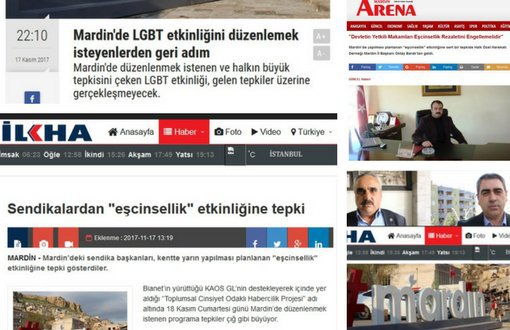
NADİRE MATER'S IMPRESSIONS
İstiklal Street 1 Day After Bomb Attack
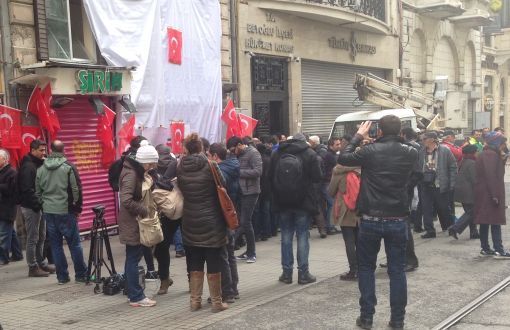
We Are Thankful
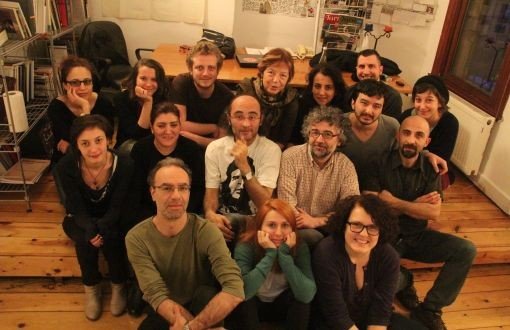
EDUCATION
The Language Wound - Bilingualism with Kurdish
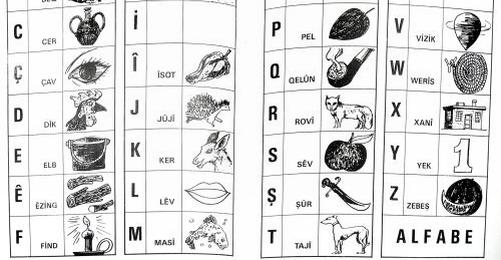
Nadire Mater Writes
The Grenade Pin that Killed İbrahim, İbrahim, Ali Osman and Mesut
